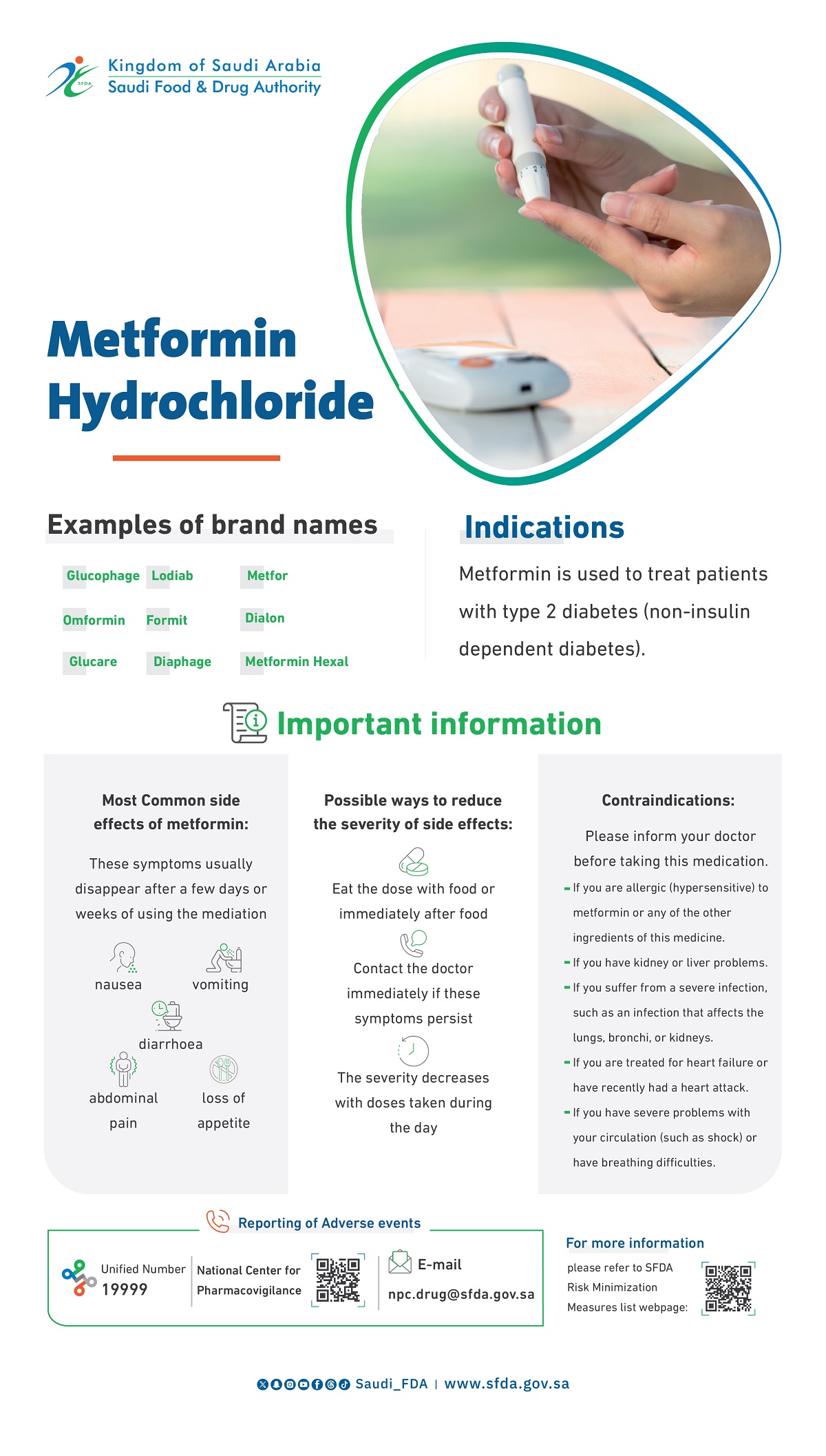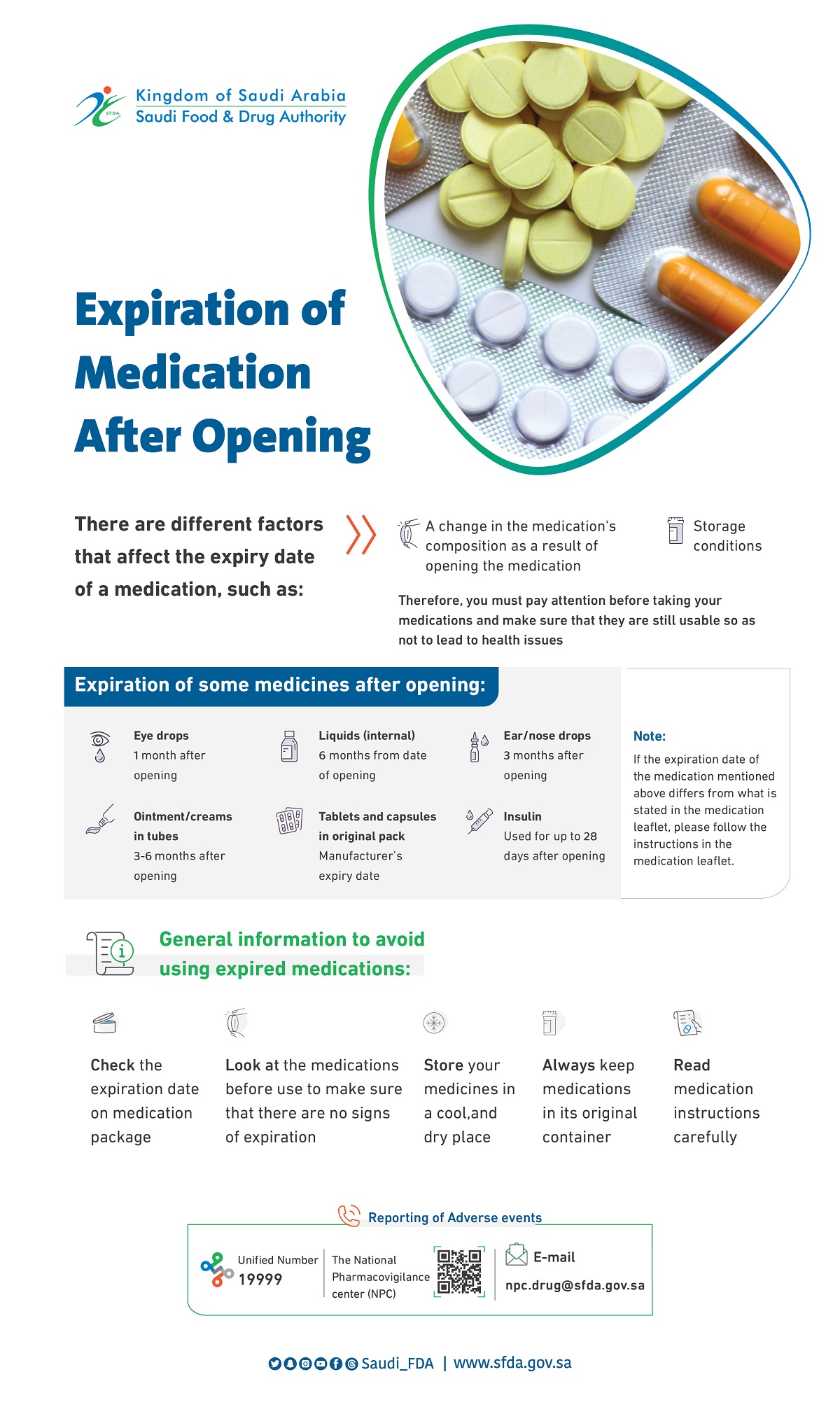

-
About SFDA
About SFDA
SFDA in vision 2030
Authority Strategy
Career and Life
- Information Lists
-
Areas
- Consumer Corner
- Media Centre
- Eservices
antithrombotic medications and the risk of gastrointestinal (GI) bleeding
antithrombotic medications and the risk of gastrointestinal (GI) bleeding
antithrombotic medications and the risk of gastrointestinal (GI) bleeding
2007-09-04
Anticoagulants and antiplatelet drugs (e.g., warfarin, clopidogrel and acetylsalicylic acid) are key therapeutic agents in the treatment of cardiovascular diseases. However, drug – drug interactions may lead to a greatly increased risk of gastrointestinal bleeding when these drugs are combined. Researchers assessed whether antithrombotic drug combinations increased the risk of such bleeding in a general practice population.
A population-based, retrospective case–control study was conducted using records in the United Kingdom General Practice Research Database from 2000 through 2005. Cases were identified as patients over 18 years of age with a first-ever diagnosis of gastrointestinal bleeding. They were matched with controls by physician practice, patient age and index date (date of diagnosis of bleeding). All eligible patients had to have at least 3 years of follow-up data in the database. Drug exposure was considered to be any prescription issued in the 90 days before the index date.
There were 4028 cases with a diagnosis of gastrointestinal bleeding and 40 171 matched controls. The prescribing of acetylsalicylic acid with either clopidogrel (adjusted rate ratio [RR] 3.90, 95% confidence interval [CI] 2.78–5.47) or warfarin (adjusted RR 6.48, 95% CI 4.25–9.87) was associated with a greater risk of gastrointestinal bleeding than that observed with each drug alone. The same was true when a Nonsteroidal anti-inflammatory drug was combined with either clopidogrel (adjusted RR 2.93,
95% CI 1.74–4.93) or warfarin (RR 4.60, 95% CI 2.77–7.64).
Drug combinations involving antiplatelets and anticoagulants are associated with a high risk of gastrointestinal bleeding beyond that associated with each drug used alone. Physicians should be aware of these risks to better assess their patients’ therapeutic risk–benefit profiles.
Abstract
Source: CMAJ 2007;177(4):347-51




